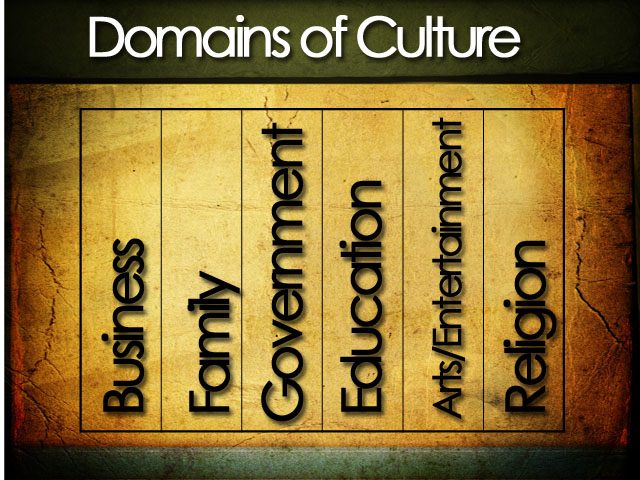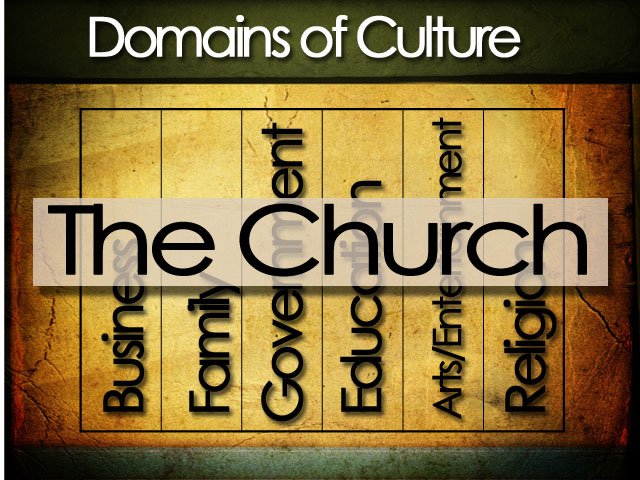THE CORE- Rediscovering What Matters Most
Years ago there was a study on comparative religions at Oxford University. A group of theologians and professors were discussing the various contributions of different religions to the world. When they came to Christianity one said, “It has to be the Incarnation.” Another said, “That may not be completely unique when you consider the ancient Roman belief of Greek gods coming among us.” Another added, “No, it must be the self-less nature of it’s followers, Jesus said to deny yourself and live for others.” Still another said, “No, there are aspects of self-denial in other religions.” C.S. Lewis walked in the room and asked, “What are you all discussing?” When they told him they were debating the unique contributions of Christianity to the world, he immediately responded, “Oh, that’s easy; it’s GRACE.”
No other religion in the world offers what Christianity does through Christ’s death on the cross; it’s grace. Of course, in the end, what Christianity offers is not a religion at all but a relationship with God through Christ. Religion is man trying to get to God through good deeds or some philosophical or theological framework. Bill Hybels has said, “Religion is spelled D-O and Christianity is spelled D-O-N-E.”
As a pastor I’ve learned that there becomes a developing pattern in a church where GRACE becomes the central Message and the central value of engagement and ministry. In the end, for the Christ follower, grace is at the center of everything in life. We worship a God of grace. We have but ONE message- the Gospel of grace, there is one way in which we serve together: it is grace. We offer the world the Gospel of grace.
The Pattern of a Gospel-Centered Church:
Grace-> Inclusion-> Diversity -> Celebration
A healthy, grace-centered church will extend grace to all and this will result in an inclusive community of people who welcome everyone. Jesus, “the friend of sinners” leads us to a lifestyle of love and inclusion. Inclusion results in diversity and a grace-centered people will then rejoice in that diversity and celebrate it. When this happens we recognize it as “normal Christianity”- it’s just “normal church”- the rich, the poor, the black, the white, the brown, the young and the old all gather around the grace of Jesus Christ. Grace becomes the great Message of the Church, the great unifier, and the great motivation of mission. It’s why it is critical for any church to live by this creedo:
In all things core, unity, in all things non-core, freedom, in all things, grace.
What is core? The Gospel of grace is core. It’s all we have to offer. “We preach Christ and Him crucified” (1 Corinthians 1:23). We’ve been called to give our lives for the Gospel of Jesus Christ (and nothing else). Now, your view of Revelation up against mine, or your style of worship up against mine, your preference of programs or practices of any given church- those things aren’t core. So in a church (though very important) we decide not to allow those things to divide us. In fact, the way you define what has become core to you is this: Are you willing to allow it to change for the sake of the Gospel (that which is the core)? Are you willing to give that thing up (your preference, your style, your favorite form, how you like church) in order that others might know Christ and His love for them? If you’re unwilling to change it- whatever it is- you have made it core. This is so important in our churches because too many people focus on non-core issues. I don’t want to give my life to trivial stuff of preferences. I want to see people experience the grace of God in Christ. Let’s stick to the core and press on in grace!
“God made Him who had no sin to be sin for us, so that in Him we might become the righteousness of God.” 2 Corinthians 5:21



